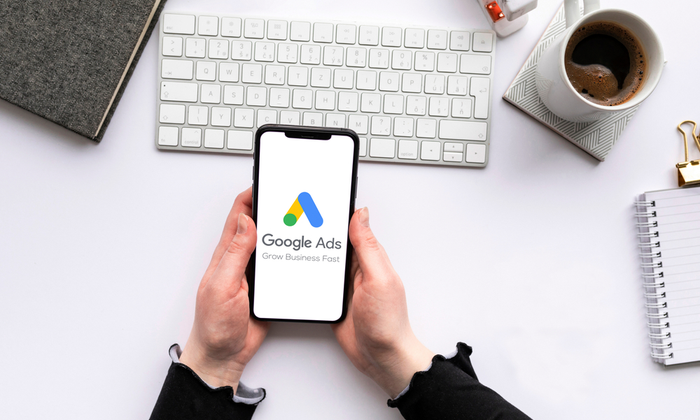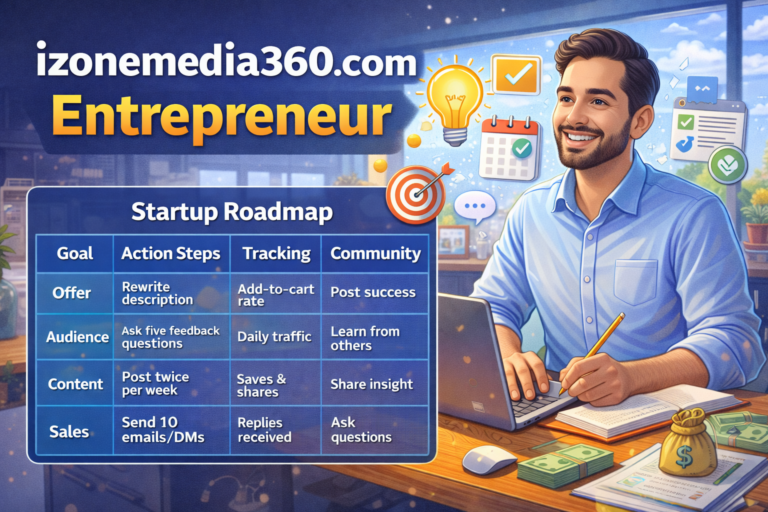
Why Google Ads Matter
Google Ads are a critical component of modern digital marketing strategies. With the ability to reach billions of people globally, they offer businesses a unique opportunity to target potential customers precisely. Companies investing in Google PPC campaign management can significantly improve their online visibility and customer acquisition efforts. This reach can increase brand awareness, increase website traffic, and lead to better conversion rates. Whether you’re a small business or a large corporation, the potential benefits of a well-executed Google Ads campaign are substantial.
Google is a potent advertising platform that enables businesses to interact with a wider audience and deliver targeted traffic to their websites. Over 63,000 searches occur there every second, which is especially valuable in a competitive marketplace where standing out is challenging. Google Ads helps businesses place their business front and center when potential customers actively search for their products or services.
Setting Up Your Campaigns
A successful Google PPC campaign management begins with a carefully planned setup; achieving the best results requires setting specific goals, such as lead generation, sales, or brand awareness, and choosing the right campaign type—search, display, shopping, or video ads—based on your objectives and the campaign’s capabilities. Organizing your account into campaigns and ad groups based on themes or products can streamline management and enhance performance. For example, having separate campaigns for men’s and women’s apparel allows for more effective keywords, ad copy, and landing pages. This structure allows for efficient monitoring and optimization of different aspects of your campaigns, ensuring the effectiveness of your advertising efforts.
The Importance of Keyword Research
A successful Google Ads campaign depends on keyword research, guaranteeing that customers are actively looking for your goods or services. Tools like Ahrefs, Moz, and Google Keyword Planner enable you to target specific market niches and increase the number of quality visitors visiting your website by helping you find high-volume, low-competition keywords.
Knowing the purpose of a search is equally important. For example, the goals of a person searching for “buy running shoes online” and “best-running shoes 2023” differ. By matching your keywords to user intent, you can boost the relevancy of your advertising and raise your return on investment. According to Moz, investing time in thorough keyword research can significantly enhance ad performance. This approach helps ensure that your ads meet your target audience’s needs, leading to higher click-through and conversion rates.
Creating Compelling Ad Copy
Ad success is mainly dependent on the ad copy. It should be compelling and concise, emphasizing solid calls to action and distinguishing features. Finding the components that appeal to the audience the most can be aided by A/B testing. Including relevant keywords in ad headlines and descriptions can improve relevance and quality scores. High-quality ads lead to higher placements and lower costs per click, making campaigns more cost-effective. Ad extensions like callouts, site links, and price snippets can enhance the ad’s attractiveness. This layered approach ensures ads are compelling, informative, and practical, drawing in potential customers and encouraging them to take action.
Managing Your Budget Effectively
Budget management is crucial for Google Ads campaigns to ensure sustainability and desired results. Establish a daily or monthly spending plan that complements your marketing budget and goals. Regularly monitor spending and adjust it based on campaign performance to maximize ad spend and focus on areas with the best return on investment. Consider seasonality and industry trends to adjust budgets accordingly. Analyze keywords and campaigns yielding the best ROI and reallocate funds accordingly. Monitoring and adjusting your budget ensures cost-effective and impactful advertising efforts, driving sustained success.
Analyzing Campaign Performance
Regular analysis of campaign performance is crucial for ongoing success. Google Ads’ reporting tools can track key metrics like click-through rates (CTR), conversion rates, and cost-per-acquisition (CPA), allowing for the identification of strengths and areas for improvement. Low CTR may indicate ad copy refinement, while high CPA may suggest targeting parameters need adjustment. Conversion tracking measures user actions after clicking ads, providing valuable insights into ad effectiveness. Campaign effectiveness may be increased by making data-driven decisions based on these findings. It is possible to adapt real-time strategy, optimize performance, and continuously improve outcomes by routinely reviewing and analyzing this data.
Tips for Ongoing Optimization
Continuous optimization is crucial for improving Google Ads campaigns. Regular audits help identify underperforming keywords, ads, or ad groups and allocate resources to those performing well. Refining targeting options, experimenting with different geographic locations, demographics, and device targeting, and using ad extensions like site links, callouts, and structured snippets can enhance campaign performance. In the always-changing world of digital advertising, you can preserve a competitive advantage and guarantee long-term success by remaining proactive and improving your tactics.
Future Trends in Google Ads
Google Ads is undergoing significant changes due to new trends and innovations. One such trend is the increased use of automation and artificial intelligence, which can optimize campaigns based on real-time data. These automated solutions can adjust bids, choose the best-performing ads, and suggest keywords, enhancing campaign management and driving better results. The increasing significance of video advertisements, which may improve brand exposure and interaction on websites like YouTube, is another trend. Video content is more engaging and effective than text alone, making it a powerful tool for connecting with audiences. Staying informed about these trends and adapting strategies can ensure Google Ads campaigns remain competitive and successful.



